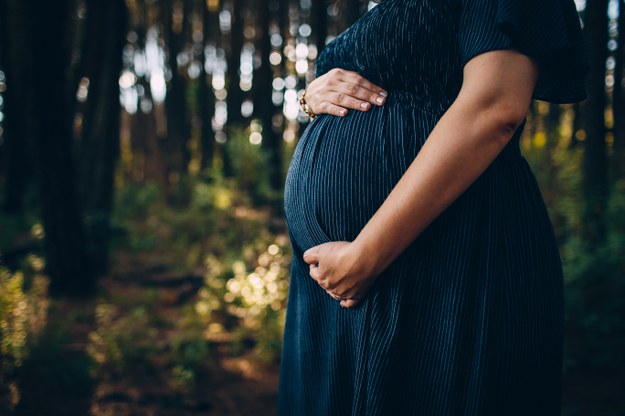Is an increase in disgust during pregnancy a way to protect the fetus?
Pregnancy is a period accompanied by many changes; on the one hand, there are complex suppressive processes in the mother to tolerate the fetus, on the other hand, the mother's immune system adapts to effectively protect the developing embryo from infections. It is this disgust that has been the subject of several recent studies in the context of pregnancy, most of which have come from the laboratory of Šárka Kaňková. Higher levels of disgust have previously been observed during the first trimester of pregnancy, a time of many developmental processes susceptible to disruption. In 2022, Kaňková and colleagues published a study in the journal Evolution and Human Behaviour in which they showed that increased disgust in the first trimester is associated with reduced levels of certain cytokines, which could suggest that disgust actively compensates for the lack of immune adaptation in early pregnancy.
 Illustrative image, source: pexels.com
Illustrative image, source: pexels.com
Because pandemics pose a significant health risk, researchers predicted that women at this early stage of pregnancy and during the COVID-19 pandemic would show a particularly large increase in pathogenic disgust rates. The study described here examined rates of disgust among women who were pregnant before and during the SARS-CoV-2 pandemic. The researchers used the intensity of pregnancy nausea as a control variable. There are some similarities between nausea and disgust in pregnancy, which the team of authors also addressed in one of their 2023 papers published in the journal Hormones and Behaviour. Pregnancy-related nausea is transient and specific to the period of pregnancy only, its main purpose is probably to protect the mother and fetus from foods containing potentially toxic abortifacients and teratogens, while the varying degrees of disgust accompanying the individual throughout life should lead to a reduced risk of infection. Scientists hypothesized that, unlike disgust, the intensity of pregnancy sickness would not be affected by the COVID-19 pandemic.
The pre-registered study included 200 women aged 19-44 years recruited during prenatal medical check-ups at the General University Hospital in Prague (Obstetrics and Gynaecology Clinic) in the first trimester of pregnancy in 2017-2019 and 350 women aged 20-44 years during the COVID-19 pandemic (3/2020 – 12/2020). Only women who conceived naturally were included in the study. All women completed a questionnaire focusing on their level of disgust.
And what are the conclusions of this study? It found that women who were pregnant during the pandemic had significantly higher levels of disgust compared to women who were pregnant before the pandemic, specifically disgust related to concerns about interpersonal transmission of pathogens. However, it should be emphasised that the effect of the pandemic on the level of disgust found in this study was rather weak. An interesting finding was that the observed effect of the pandemic on disgust was stronger in first-time mothers, suggesting that previous experience with pregnancy could play a role in BIS activation during pregnancy. As the study authors hypothesized, the pandemic had no effect on pregnancy nausea. In conclusion, although the complex mechanism of BIS is evolved to adapt to the conditions of the current environment, nausea was only slightly increased in pregnant women because of the COVID-19 pandemic. This could be explained by the fact that pregnancy itself provides a sufficient signal for BIS activation.
Tereza Žirovnická
Document Actions